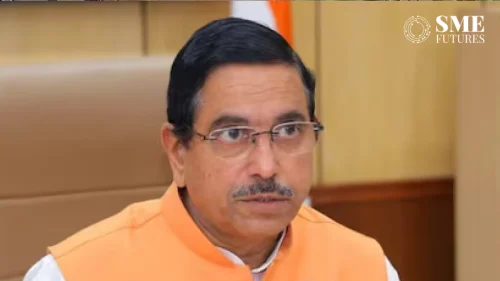Small road transport operators will face challenges during the transition period of e-way bill rollout as compliance cost would go up, said rating agency India Ratings and Research (Ind-Ra) on Thursday.
However, larger fleet operators are likely to be broadly unaffected, it said. “The agency expects an increase in compliance costs and operational requirements could stress the operating metrics of small road transport operators over the near to medium term,” India Ratings and Research said. But e-way bill is expected to ease inter-state trade and commerce, speed-up settlement of input tax credit claims, optimise working capital and facilitate formalisation of the transportation industry, it added.
Following the implementation of e-way bill from 1 April 2018, truck operators are required to put in place necessary systems and processes to maintain formal books of accounts and integrate their operations with the e-way bill portal. This is likely to reduce the proportion of informal and cash-based movement of a large portion of goods.
“Ind-Ra expects small and unorganised players to face challenges in technology adoption and system integration over the near term,” it said.
The agency, which is a Fitch group company, believes that the operational disruptions being faced by small road transport operators are likely to subdue freight activities over the near to medium term, resulting in a continuation of delinquencies.
Over the long run, Ind-Ra expects the introduction of e-way bills to ease the inter-state movement of goods. Various operational inefficiencies are likely to be minimised; wait time at checkpoints is expected to decrease by around 15 per cent and compliance would be less cumbersome. In the medium to long run, streamlined systems could enhance the system-wide capacity by improving fleet efficiency.
(PTI)










